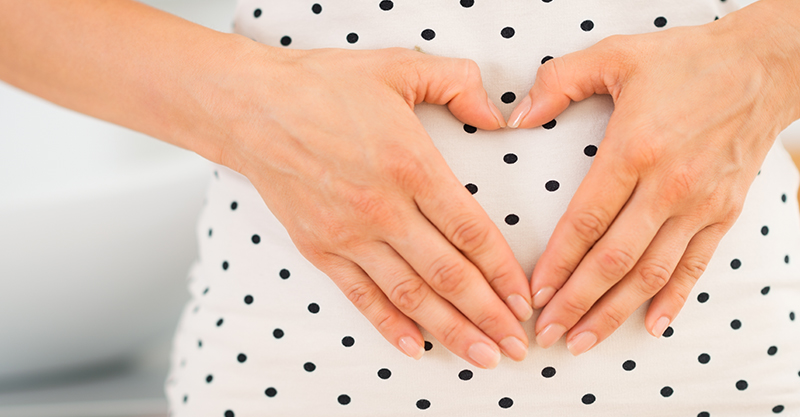Women are born with all the amount of eggs they will have during their life.
The eggs are formed even before the birth, so baby girls have about 7 million eggs before their birth. They are born with around 2 million eggs which declines to around 400.000 at the beginning of their first menstrual cycle. The amount and the quality of eggs directly affect the ability to conceive. That’s why the best gynaecologist in Sharjah will recommend pre-marital screening services, to check reproductive abilities of both parties involved. Early prevention or treatment of hormonal disorders, early menopause can result in keeping a healthy amount of eggs. Sometimes they are low and IVF treatment in Sharjah is required.
Your Eggs Age With You
Young women have young eggs or good eggs. As you get older, so do your eggs age as well, losing their quality. A 20-year-old has around 80% of healthy eggs, while a 40-year-old has only 20% of healthy eggs. Although eggs age naturally, there are other factors impacting the quality of eggs, such as:
- Hormonal disorders
- Bad eating habits
- Unhealthy lifestyle (smoking for example)
- Medical conditions such as endometriosis
- Medication
- Genetic predisposition
Having a thorough conversation with your best gynaecologist in Sharjah will give you the information you need about keeping your reproductive system healthy, thus having bigger chances of conceiving naturally. If some difficulties in conceiving present themselves there is always available IVF treatment in Sharjah with the best gynaecologist in Sharjah.
How to Maintain Healthy Egg Stock Depending on Your Age?
Having already said that eggs age as women age and the egg stock declines, it is crucial to maintain the healthy stock of existing eggs. Young women have more egg stock and a bigger amount of healthy eggs naturally, but to keep the healthy amount of eggs in every age, women have to take a few steps towards the maintenance of the healthy eggs, especially older women whose number of eggs is decreasing naturally. Here we bring several things you can do to maintain your healthy egg amount:
– No to Cigarettes
Smoking cigarettes greatly affects the eggs to decrease. Certain chemicals in cigarettes mutate the DNA in egg cells making eggs inapt for conception.
– Healthy Diet and Lifestyle
Keeping a healthy lifestyle in young age results in more healthy eggs later in life. Eating healthy makes your eggs stay healthy and high quality as well. Having normal BMI directly affects the amount and quality of eggs. Obesity reduces overall fertility and quality of egg cells. Exercising regularly will benefit you from maintaining a healthy stock of egg cells and improve your overall health.
– Manage Stress
We all know how this fast life impacts our overall health. Being young and stress free contributes to higher egg cell amount. But even if you are in your late 30s or early 40s, managing stress caused by work or life in general will help you keep a healthy amount of egg cells.
– Boost Blood Flow
It is scientifically proven that good oxygen impacts egg health. Oxigen meaning rich blood flow to the ovaries. Blood flow can rapidly decrease by dehydration. It is highly recommended to take at least 2 litres of water every day.
– Take Supplements
Taking supplements can help with keeping healthy amounts of eggs later in reproductive life. Some of the supplements you should consider are Coenzyme Q10, melatonin and fish oil also known as Omega 3s. These supplements provide antioxidants to boost egg quality and encourage ovarian performance.
– Freeze the Eggs
Sometimes women have not found someone to marry and share their life with and they are afraid their eggs will decrease in number and quality, and sometimes there are some medical reasons affecting loss of egg cells. They can opt for egg freezing procedure to have healthy eggs frozen and kept, if they need them later.
Visit the best gynaecologist in Sharjah and get yourself checked and informed about all things regarding your reproductive life.
Keywords: best gynaecologist in Sharjah, IVF treatment in Sharjah, menopause, pre-marital screening services, hormonal disorders






No Comments